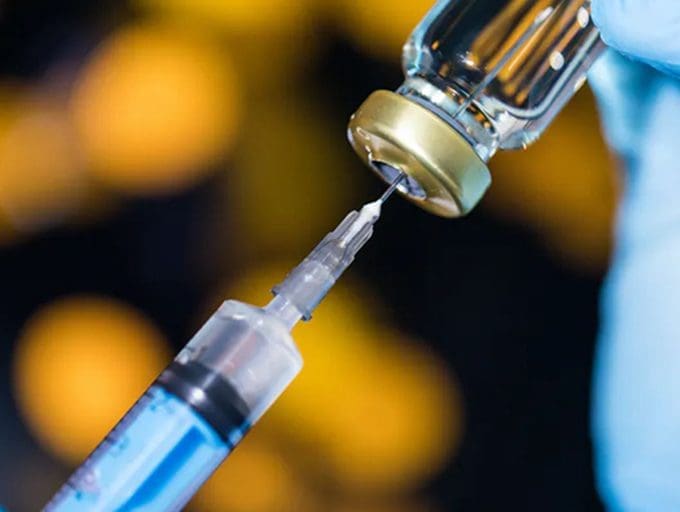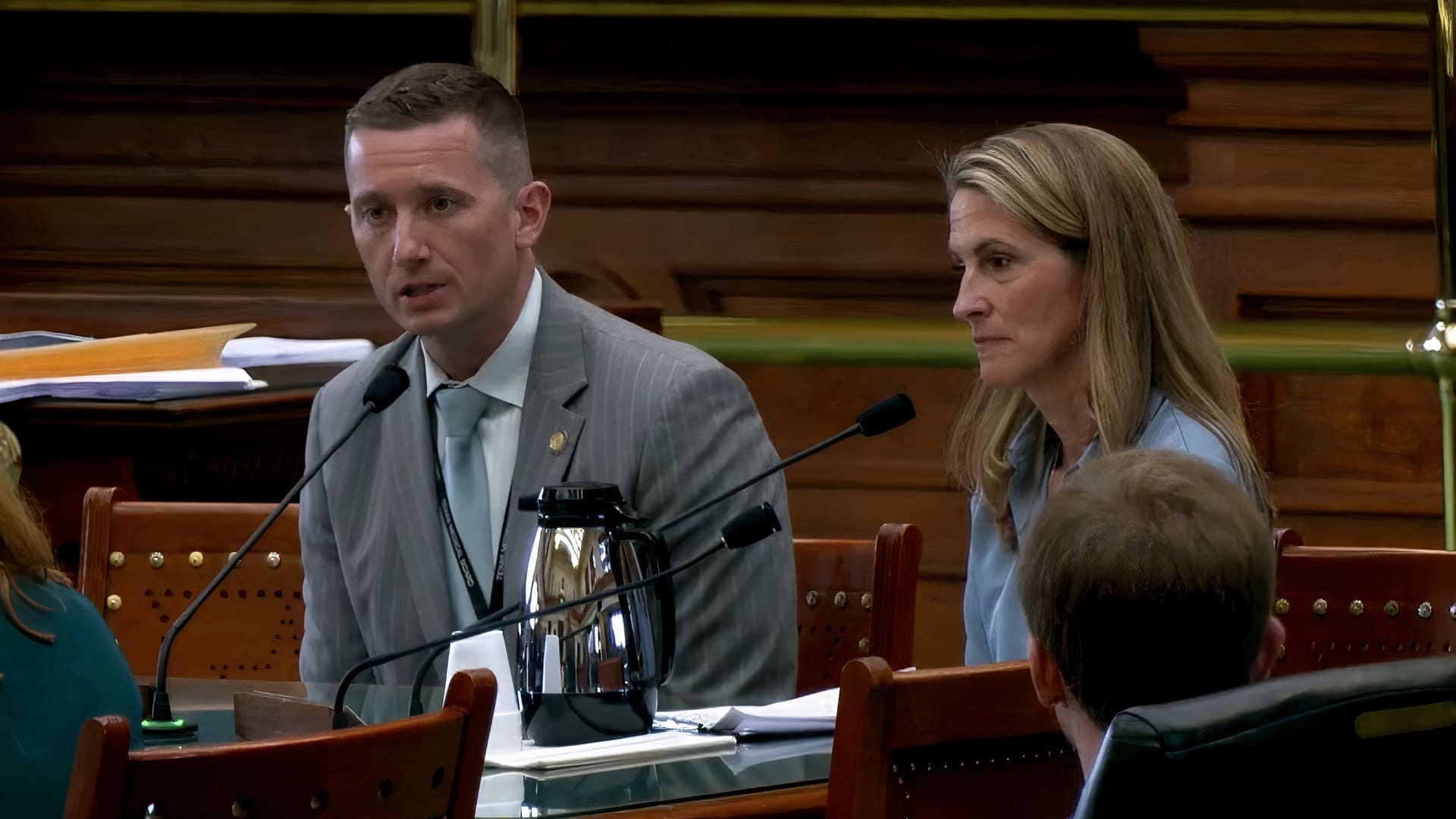For the past several weeks, Texas small-business owners and their employees have been among the hardest hit by the state’s coronavirus closures.
Many employers have been shut down completely as the government deemed them and their workers “non-essential.” Those who have stayed open are struggling to cope with new challenges imposed by the shutdown restrictions.
In an online forum Thursday night hosted by Golden Corridor Republican Women, three Collin County small-business owners shared how the shutdowns are impacting their businesses and how they’ve adapted to keep safely serving their customers and supporting their employees.
More than just employers, these are people “on a first-name basis with the community,” said GCRW moderator Deanna Kuykendall.
That’s certainly true of small-business owner Baine Brooks.
Baine opened Two Rows Classic Grill in Allen in 2003, and his family-run restaurant has become a hometown favorite, famous for their signature Honey Pepper Bacon and variety of southern favorites.
Baine is also an Allen City Council member. Before that, he served on the city’s economic development corporation and the North Texas Food Bank board, among other community activities.
“We love Allen,” Baine said. “Allen and the surrounding community have been really good to us.”
Baine said he had 46 employees before the coronavirus closures hit. Since then, he’s had to lay off some people and cut workers’ hours, but he said the employees have really come together, and he’s “more motivated than I’ve ever been” by the community’s support and acts of kindness.
“We’re determined to make this work because there are so many people counting on us to make this thing work,” he said. “We’re going to come out of this better.”
Like all restaurants, Two Rows had to close its dining room until this week. Instead, they’ve focused on curbside and to-go service, as well as taking food trucks into neighborhoods. But as a consequence of other businesses adapting to new restrictions, the restaurant has lost of a lot of its lunchtime and catering customers—both big parts of their business.
“We’ve had to change our whole model,” Baine said.
Last weekend, Baine even hosted a “car hop” concert in the Two Rows parking lot, offering people curbside food service in their cars while they listened to a band free of charge—a way to both attract and reward customers..
Two Rows continues to serve the community as well, working with local schools and the area’s food bank, Allen Community Outreach. Baine said people have also donated for them to feed nurses, police, and firemen.
Since Monday, Two Rows has been open for dining in at the 25 percent capacity allowed by Texas Gov. Greg Abbott’s plan to slowly reopen the state’s economy from his coronavirus closures.
“I’m not excited about the 25 percent, but we have to make the best of it,” he said. “If the governor had a mulligan on this one, I think he might do it differently.”
Baine said it’s tough to get wait staff to come back with such a limited opportunity to earn.
“We’re doing the best we can,” he added. “Restaurants and all small-business owners are always having to adapt.”
Windy Gallagher is also adapting.
Windy is a co-owner of Executive Press, a small printing company in Richardson with a satellite office in McKinney, where she’s lived for 20 years. Windy said she and her family love McKinney, and she is passionate about serving the community.
“Our daily lives have changed,” Windy said. “Moving forward, we’re going to be careful, protect ourselves, be considerate of others.”
Windy has been in the printing business for 30 years and became a principal owner in Executive Press about three years ago.
“We were having a great three years,” she said. “This quarter was our best to date, and then COVID happened. We had to change the way we do business.”
Windy’s company employs 24 people—several of them have worked for Executive Press for over 10 years. Because they were deemed “essential,” she was able to keep her employees, though they’ve cut back on hours.
She said it was “business as usual” when the closures first hit, but within a week, she thought the business might shut down for lack of customers.
“When we finished the work we had in the pipeline, the work dried up,” she said. Their usual orders for things like weddings and trade shows stopped coming in.
“We then had to turn our worry from our customers to our employees,” she said. “We worry about them every day and how we are keeping them with us.”
She looked to the federal paycheck protection program for relief but said it was difficult to submit the paperwork, though they eventually got some money.
“That’s the mode we’ve been in for the last six weeks,” Windy said.
“It’s just this week with Gov. Abbott relaxing the essential versus non-essential closings that we’ve really seen an uptick in our business,” she said. “Next week should see the arrow point up again. Things are going to get better.”
Doc Vranici is also optimistic.
Doc moved to McKinney and opened Brother’s Pizza in 2004.
“Being connected with the city and the community has been a great part of my family’s life,” Doc said.
In addition to being part of the local business community, Doc works with the Minuteman Disaster Response team, caters fundraising events for local charities like The Samaritan Inn, and has served on McKinney’s convention and airport boards.
“Going through everything right now with the COVID outbreak, it’s heartening to see everyone come back to the restaurant and try to support us and verbalize how grateful they are [that] we’re there and open.”
“For us, the drop hasn’t been as severe because we’ve always had a lot of delivery,” Doc said, though business is erratic because “everybody’s patterns and habits have changed so much.”
But others around him are closed, doing no business.
“I’m so grateful and fortunate to be doing something, to have something coming in, the ability to take care of my family,” he said. “It’s almost like a guilt feeling I have right now because we’ve been okay.”
“My heart breaks for those who are doing no business,” he added. “We need to get open, get these people in their businesses.”
Doc said most small-business owners understand the severity of the situation and are doing the things that need to be done to protect their employees and customers. Brother’s has added contactless delivery and extra hand-sanitizing at the register, for example, in addition to their already stringent cleaning practices.
“People are so appreciative that we’re open,” Doc said. “I’m not going to live my life scared. I’m going to take care of my business and my family and be as careful as possible, but I’m not going to hide.”
“Right now, the country needs to get back to work,” Doc added:
“We’ve taken big hits. It’s enough already. There’s a risk in everything we do in our lives. We’re smart enough to balance these things out. It’s time to get back to work … to get this economy going again.”
“We will move forward,” Windy said. “We’re going to do this with common sense and with caution. We’re going to be smart, but we are going to open up again.”
“People are going to govern themselves; they always have,” Baine said. “I have a lot of confidence in the people in Collin County to take care of themselves and others.”
These small-business owners are showing the way.
Small businesses make up the vast majority of Texas businesses and employ almost half of the state’s private workforce. Texas Workforce Commission data shows over 2 million Texans have filed unemployment claims since the governor issued his first statewide shutdown order.





